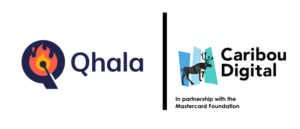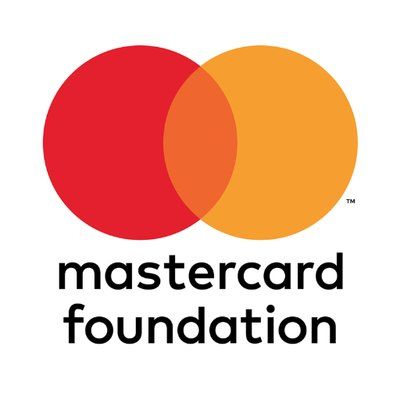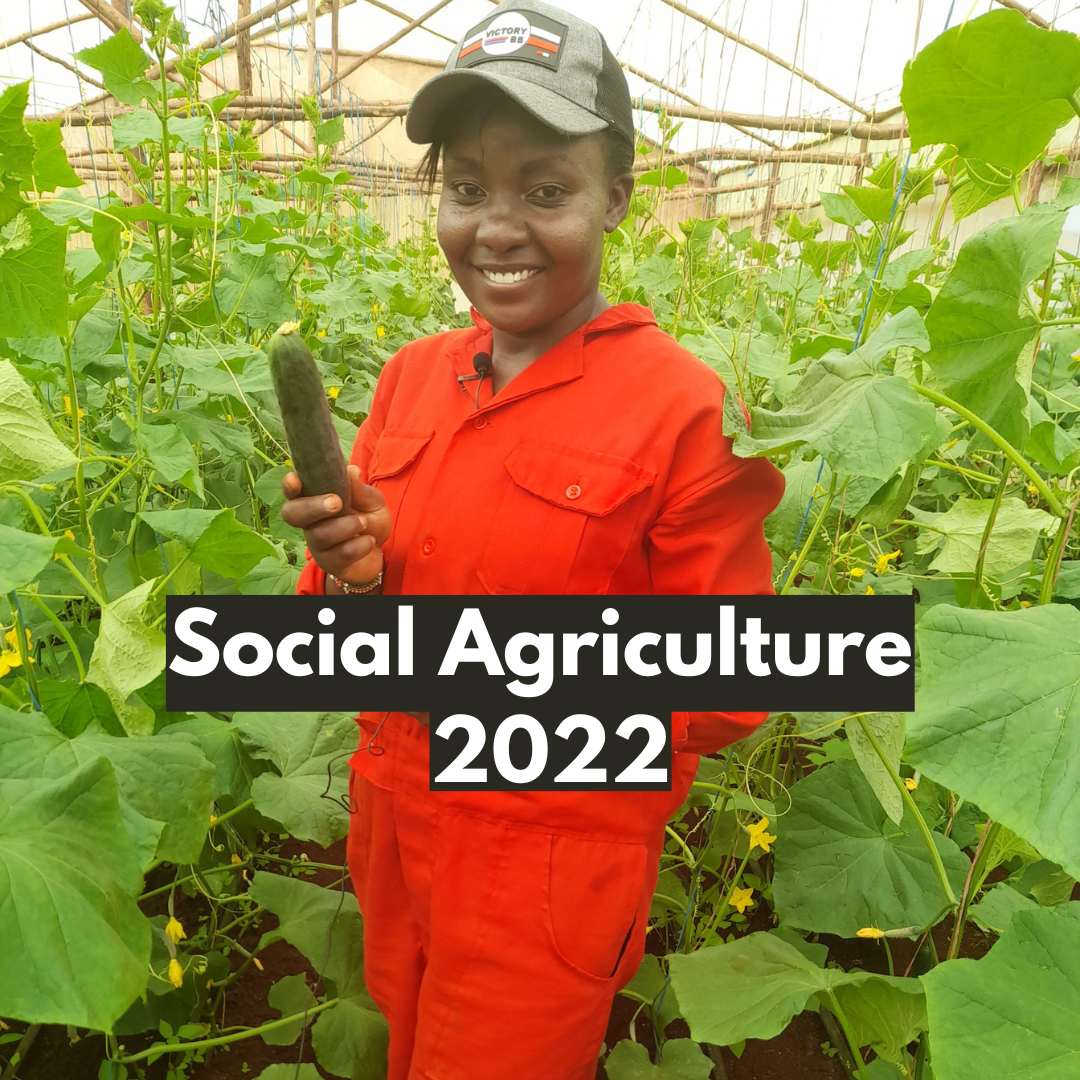Platform workers and sellers share their stories
We highlight the stories of nine platform workers and sellers who share their experiences, including how they started a platform livelihood, what digital practices they employ, how they managed during COVID-19, and some of the challenges they face.
Explore study findings on each sector
Explore the report’s results on each sector
The arts and creative industries: Digital channels as a source of inspiration, distribution, and a platform to educate audiences on the value of art.
Asset renting: People can earn a living by renting out assets they own (like property, tractors, or specialized equipment) or by renting them then re-renting them out in smaller fractions.
Delivery and logistics: Fast-paced work, driven by algorithms. Structured weekly earnings, support in bookkeeping, budgeting, and saving.
E-commerce and social commerce: Experiences with platform sales via formal marketplaces, social commerce, paid and free online advertising.
Farming: Formal multi-sided marketplaces built to connect farmers to markets and “social agriculture,” the practice of using social media to sell agricultural commodities and get social support in communities.
Freelancing and microwork: To connect with clients all over the world for everything from data processing to graphic design and writing, freelancers must build a personal brand while microworkers mostly remain anonymous.
Ride-hailing: In big cities and smaller towns, ride-hailing is a mix of working and asset renting, as the driver and their vehicle are intertwined.
Trades and services: Domestic and care work, trades for custom-made products, and a myriad of other services, delivered on demand and matched by marketplaces and social media.
Cross-cutting themes: Reflections on cross-cutting themes around rurality, gender, inclusion for people with disabilities, and fractional work.
This platform livelihoods research was conducted by Qhala in collaboration with Caribou Digital and in partnership with the Mastercard Foundation.




